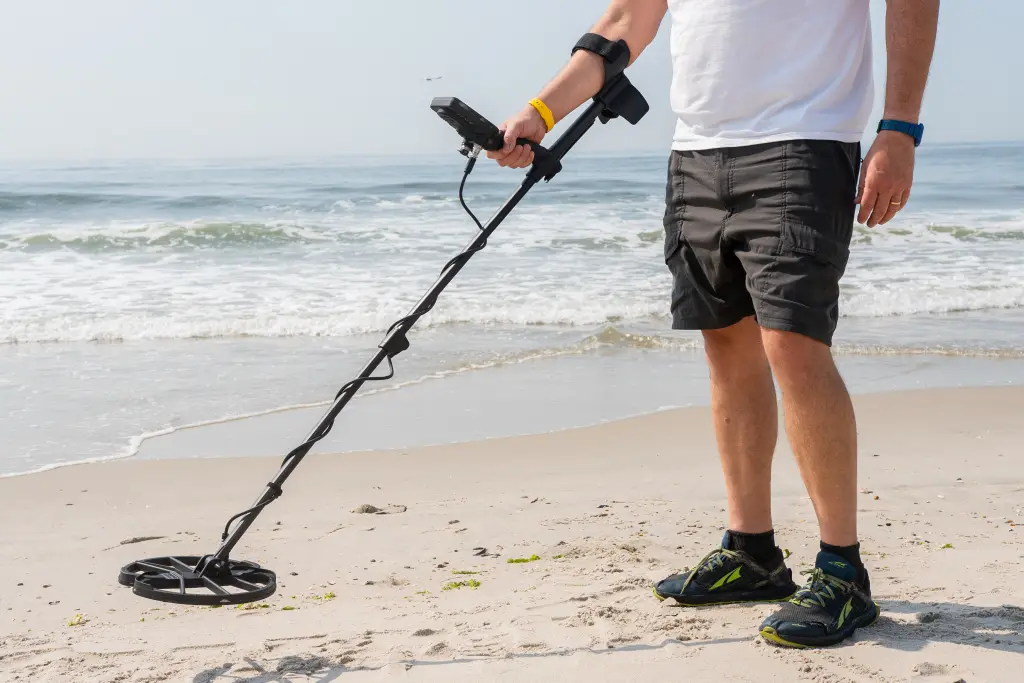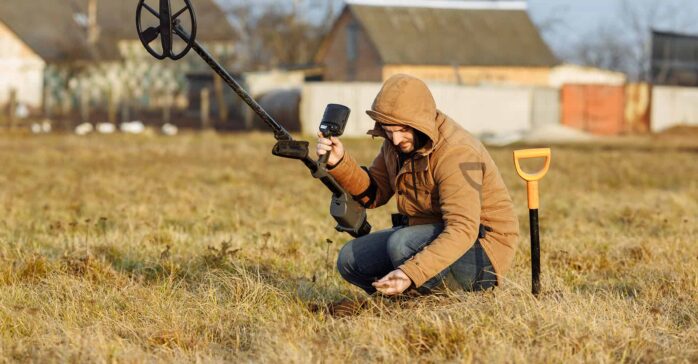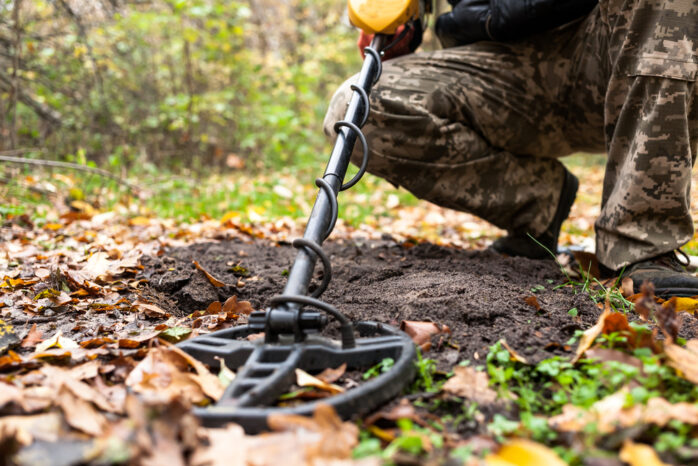
Hobby metal detecting has been seeing a huge rise in popularity among various strata of people in many countries – depending on the country and legislation, of course – and the most fun of metal detecting is the fact that one can spot exciting finds right under their feet. This idea fascinates many people, young and old, and the excitement of treasure hunting makes them enter this unusual hobby.
It must be mentioned of course that not everything that can be found under our feet is an exciting find, and also, not every metal detector will work efficiently in all locations to spot the finds even if they are actually there. Most finds are trash or have no value, and some locations may be too complicated for a newbie detectorist with a newbie-level metal detector.
To buy a metal detector, one should simply walk into a store and order one, or open a website of the local distributor and order one. But choosing a metal detector is a completely different task, and a complicated one. Depending on the locations, expected finds, and the skills of the user, different machines will fit; the best way is to read some metal detector reviews on sites like DetectHistory.com first and then decide what type of detector will bring the desired finds.
Generally, one of the main reasons why people start getting interested in metal detecting is because they want specific finds, like modern jewelry they can later sell, ancient relics they can collect, etc. Many detectorists are interested in culture and history, and the fact they can spot something really old and culturally important is a great motivation for them. Knowing what kind of items can be found in your location will help you make a more informed decision about metal detecting activities, and pursue your interests.

Types of Treasures to Hunt For
There are many different items that can be found, from ancient to modern ones. The most convenient way to categorize them is via types:
- coins
- relics
- ancient jewelry
- modern jewelry
- antique items
- war items
- watches
- smartphones
If we are talking relics, some ancient household items found in old villages or towns can be of huge interest in cultural and historical terms; some items can turn out really unique and the finder can sell them to a museum, to a private collection, or start their own collection.
Each type of treasure may have its own objective value or subjective value that depends on the perception of the finder. People interested in culture or history may be fascinated by old coins or relics that are quite common and can’t be taken to a museum due to their commonness. Real treasure hunters, on the other hand, may hunt down specific locations that offer higher odds of finding something really unique and valuable.

Locations
Locations matter a lot; in fact, location defines the bigger part of the metal detecting success. Most of the items listed above can be found literally on the ground on the streets, in village squares, along the roads, near churches and city halls, in public parks, and in market squares.
If the treasure hunter takes a little effort and checks out the village’s or town’s history, they may learn where the corresponding buildings were in the previous days, and find some fascinating items literally in the middle of the street, or on the outskirts of the town.
It must be kept in mind that locations should be considered beforehand, even before one buys a metal detector because the tech specs of the detector needed partially depend on the characteristics of the location, including terrain, ground mineralization, and even weather.
Also, the treasure hunters should ensure they are legally allowed to metal detect in public places; some communities may allow this and others may not. Private property, including field or forest territory, is a different story altogether and the owner’s permission is to be obtained.
If the metal detector meets the requirements put on it by the location, and the user is aware of what locations are available to them legally, the next step is to investigate the locations by researching local history, or other information that may hint at a potentially productive place.
It is important to consider the skills of the detectorist and the level of their metal detector in the correspondence to the popularity of the location. Some locations have already been literally combed-though by many treasure hunters, and while they may fascinate younger detectorists, it is hard to spot anything there with a lower-league machine. On the other hand, expert treasure hunters with professional-level equipment can spot stuff where others can’t find anything.

Differences Between Hobby Detecting and Gold Prospecting
There are also different types of finds that can be found right under your feet, but these are less simple: gold nuggets and gold flakes. These types of treasures are pretty uncommon and they are usually found in very specific soils with a high level of mineralization and often complicated terrain.
Many people get fascinated by the idea that they can just find gold in the ground and in shallow streams and rivers. However, it must be said that while some higher-level quality hobby metal detectors are able to spot gold in certain cases and under certain conditions, this is mostly about gold jewelry that can be found in public places, and not about gold nuggets or flakes.
To find gold nuggets on a regular basis in locations where the soil contains gold, very specific metal detectors are necessary. Moreover, gold prospecting, even on a smaller scale, requires better skills and deeper knowledge of metal detecting. Therefore, if you believe you can easily spot gold nuggets under your feet, this is not really so.
Final Thoughts
It is fair to state that the majority of items that can be found under our feet are worthless; even hunting for old coins will bring lots of trash in the process. On the other hand, having a hobby detector at hand can be useful sometimes, if you drop a ring or a metal tool in high grass in your garden.











